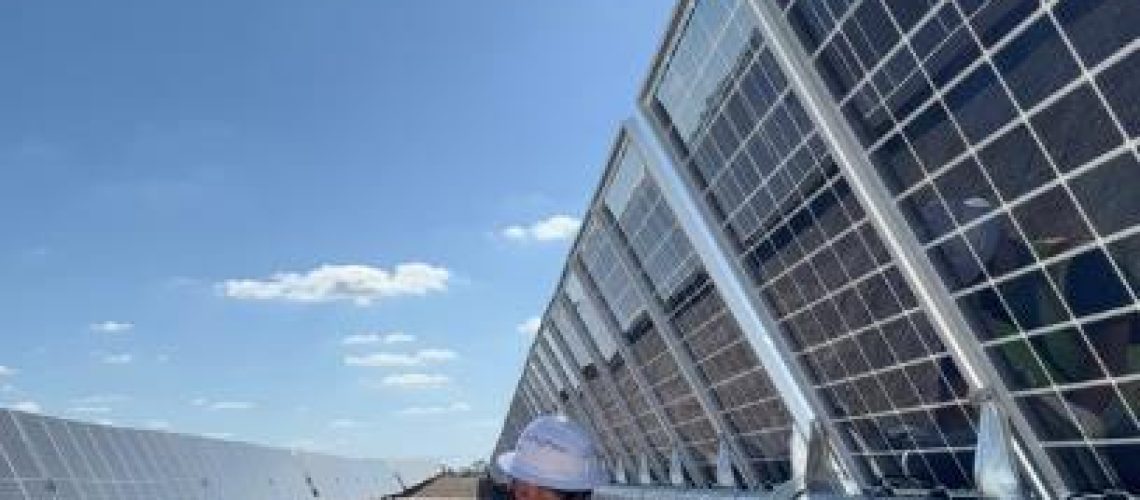The legislation aims to limit the growth of energy storage in a state where a booming renewable market is lowering the need for natural-gas peaker plants.
Texas Senate passed a bill that would require at least half of new power plant capacity come from dispatchable sources other than battery energy storage systems.
The bill, SB 388, would apply to new generation beginning next year in the ERCOT region. It originally mandated the 50% threshold come from natural gas, but was amended to require “dispatchable generation other than battery energy storage.”
The bill establishes a “dispatchable generation credits trading program,” under which utilities, power generation companies and electric cooperatives would be required to offset new battery and renewable capacity with an equal amount of new dispatchable capacity. Power companies that exclusively operate battery energy storage resources are exempt from the program.
Public Citizen, a nonprofit consumer advocacy organization that “champions the public interest in the halls of power.” testified against the bill saying the threshold should be for “dispatchable resources” not “dispatchable generation.” The consumer advocacy group said that while the grid needs dispatchable energy resources, “we are not aware of any study by ERCOT, the [Electric Reliability Council of Texas] or any other entity that had determined that proportion to be optimal, or even an improvement from the status quo.”
“Maintaining a reliable electric grid is a complex technical challenge. Solutions should be well-grounded in analysis of the relevant facts,” Public Citizen said.
The bill poses a power play in a state booming with renewable investments. Excluding California, Texas has more battery storage than the rest of the United States combined, according to the U.S. Energy Information Administration.
The majority of Texas residents from both sides of the aisle believe solar paired with battery systems would make the grid more reliable and resilient, a survey by the Solar Energy Industries Association (SEIA), Global Strategy Group and North Star Opinion Research .
Texas’s ample land and low-key regulation environment have made it easier for developers to enter the state’s energy storage market, . Added to this are plunging found by a BloombergNEF analysis and the Inflation Reduction Act’s tax incentives, and energy storage’s position in the free market is bound to boom.
Whether Gov. Abbott will sign off on the bill if it passes the House remains uncertain. In December, the governor hailed the state’s achievements in both oil production, and wind and utility-scale solar generation. He added, “Here in Texas, we believe in an ‘all-of-the-above’ energy approach.”
Popular content




